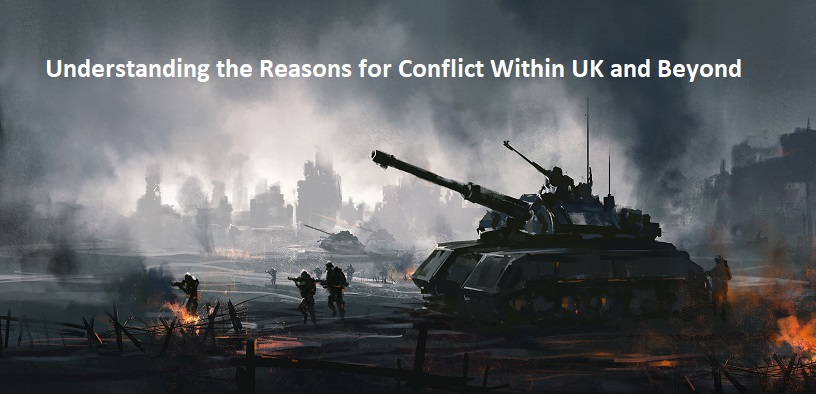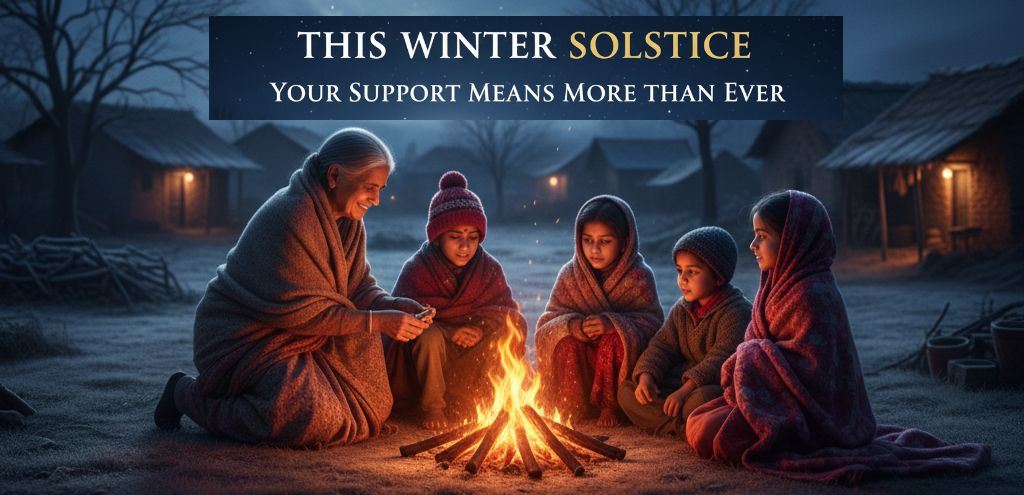As the world navigates a turbulent landscape in 2025, the United Kingdom finds itself at a crossroads, grappling with both internal divisions and its role in global conflicts. The aftermath of the Russia-Ukraine war, which displaced millions and reshaped European security, has set a precedent for the looming tensions in the Middle East. Israel’s preparations for a potential confrontation with Hamas in the Gaza Strip—a densely populated region home to over 2 million people—threaten to unleash another humanitarian crisis. This escalation mirrors the far-reaching consequences of past wars, drawing the UK into discussions of peacekeeping and support. Within its borders, the UK faces its own challenges: debates over immigration, regional autonomy in Scotland and Wales, and economic disparities post-Brexit are creating fault lines that echo the causes of international strife. As of June 21, 2025, these dynamics underscore the urgent need to understand the roots of conflict, both at home and abroad.
War has long been a symbol of destruction, leaving scars on societies through loss of life, resources, and cultural heritage. The UK, with its rich history of involvement in global conflicts, understands this all too well. From the trenches of World War I to the Blitz of World War II, the nation has witnessed the devastating toll of hostilities. Yet, conflicts persist, driven by a complex web of factors that continue to shape international and domestic relations. This article explores the multifaceted reasons behind these clashes, drawing on historical lessons and current tensions to offer insights for a UK audience concerned with peace and stability.
Territorial Disputes
One of the most enduring causes of conflict is disputes over land. Within the UK, the historical tensions in Northern Ireland serve as a poignant example. The legacy of the Troubles, a decades-long conflict between unionists and nationalists, remains a sensitive issue, with occasional flare-ups over borders and identity. On a global scale, territorial claims fuel unrest, such as the ongoing debates over the Falkland Islands between the UK and Argentina. These disputes often escalate when nations perceive their sovereignty or resources as threatened, leading to armed confrontations that disrupt lives and economies.
Resource Scarcity
Competition for vital resources is another significant driver of conflict. In the UK, the pressure of climate change has intensified discussions around water management and energy security, particularly with the transition to renewable sources post-Brexit. Globally, the Middle East’s oil reserves have long been a flashpoint, with the current Israel-Hamas tensions partly tied to control over Gaza’s coastal resources. As populations grow and environmental challenges mount, the scramble for arable land and water could exacerbate internal divisions, pushing nations toward conflict if diplomatic solutions falter.
Political Ideologies
Differences in political systems and ideologies often ignite tensions. Within the UK, the push for devolution in Scotland and Wales reflects a clash between centralized governance and regional autonomy, a debate that has gained momentum in 2025 amid economic recovery efforts. Internationally, ideological divides—such as those between democratic and authoritarian regimes—have historically sparked wars. The Cold War, pitting the UK and its allies against the Soviet bloc, exemplifies how political philosophies can lead to prolonged standoffs, influencing current UK foreign policy toward nations like Russia.
Ethnic Tensions
Ethnic identity can fuel conflict when groups within a country seek recognition or independence. In the UK, multicultural cities like London and Birmingham occasionally face social strains as diverse communities navigate integration. These tensions, while generally peaceful, highlight the potential for escalation if economic or political pressures mount. Globally, ethnic conflicts in regions like the Balkans or the Middle East serve as reminders of how deeply rooted identities can lead to violence, a lesson the UK considers in its multicultural policy framework.
Religious Differences
Historically, religious disputes have shaped conflict landscapes. In Northern Ireland, the sectarian divide between Protestant and Catholic communities fueled the Troubles, leaving a lasting impact on social cohesion. While the UK has made strides toward reconciliation, religious tensions elsewhere—such as the Israel-Hamas conflict rooted in Jewish and Islamic narratives—demonstrate how faith can become a battleground. In 2025, the UK’s role in mediating such disputes underscores the need for interfaith dialogue to prevent escalation.
Economic Rivalries
Economic factors often underpin conflict, both within and beyond borders. Post-Brexit, the UK has faced trade disputes with the European Union, particularly over fishing rights and market access, straining relations. Globally, economic dominance drives tensions, with the Middle East’s oil wealth influencing the current Gaza conflict. These rivalries highlight how economic interests can deepen internal divisions or provoke international confrontations, challenging the UK to balance trade and diplomacy.
Historical Grievances
Unresolved historical issues can reignite old wounds. In the UK, the legacy of colonial rule and its impact on former territories like India and Ireland occasionally resurfaces in public discourse. The Troubles in Northern Ireland are a direct result of such grievances, with memories of past injustices fueling modern debates. Internationally, historical animosities—such as those between Israel and Palestine—continue to shape current conflicts, urging the UK to address its own historical narratives to foster peace.
Alliances
Nations form alliances to bolster security, but these can draw them into conflict. The UK’s membership in NATO ties it to the defense of allies like the USA, influencing its stance on the Russia-Ukraine war and potential Middle East involvement. While alliances provide strength, they also create obligations that can escalate tensions, as seen when collective defense clauses are invoked, affecting UK resources and public opinion in 2025.
Failed Diplomacy
When diplomatic efforts collapse, hostilities can erupt. The Brexit negotiations, marked by prolonged disagreements with the EU, offer a domestic example where failed dialogue risked economic conflict. Globally, the breakdown of peace talks in the Middle East—despite UK mediation attempts—signals a similar risk. Misunderstandings or lack of trust can turn negotiations into battlegrounds, a lesson the UK must heed to avoid being drawn into new wars.
Human Rights Concerns
Violations of human rights often provoke conflict or international intervention. Within the UK, debates over asylum seeker treatment in 2025 have sparked protests, reflecting internal pressure to uphold values. Globally, the humanitarian crisis in Gaza, with reports of civilian suffering, has prompted UK calls for action. Such concerns can escalate into war when nations or groups resist external pressure, challenging the UK to balance sovereignty and global responsibility.
The Lasting Impact of Past Wars
The UK’s history with war offers stark lessons. Two 20th-century conflicts reshaped its identity and global role:
- World War I (1914–1918): Involving the UK alongside allies against the Central Powers, this war claimed nearly 900,000 British lives and wounded over 2 million. The economic strain and loss of a generation transformed society, laying the groundwork for the welfare state.
- World War II (1939–1945): With 384,000 UK deaths and widespread destruction, this conflict saw the nation emerge as a key player in the post-war order. The establishment of the National Health Service and the Cold War alignment with the USA marked profound changes.
These wars displaced millions, redrew borders, and left a legacy of resilience. The Russia-Ukraine conflict, with its refugee crisis, and the potential Gaza war remind us of their ongoing relevance. In 2025, the UK’s experience underscores the need to prioritize peace.
Toward a Peaceful Future
As the UK navigates internal divisions and global tensions, understanding conflict’s roots is crucial. Territorial claims, resource struggles, and ideological differences continue to threaten stability, both at home and in regions like the Middle East. The lessons of World War I and II—where diplomacy failed and alliances dragged nations into war—highlight the importance of dialogue. In 2025, the UK must lead by example, fostering reconciliation within its borders and supporting international efforts to avert another devastating conflict. By addressing these causes head-on, the nation can honor its past while shaping a more peaceful future.








